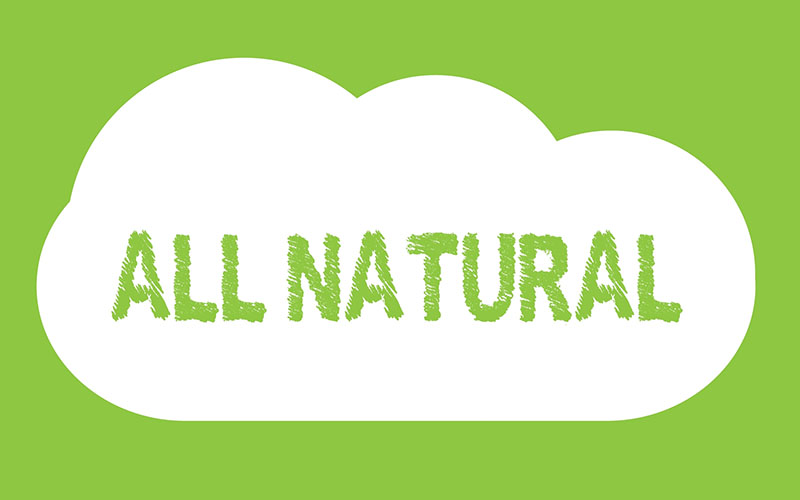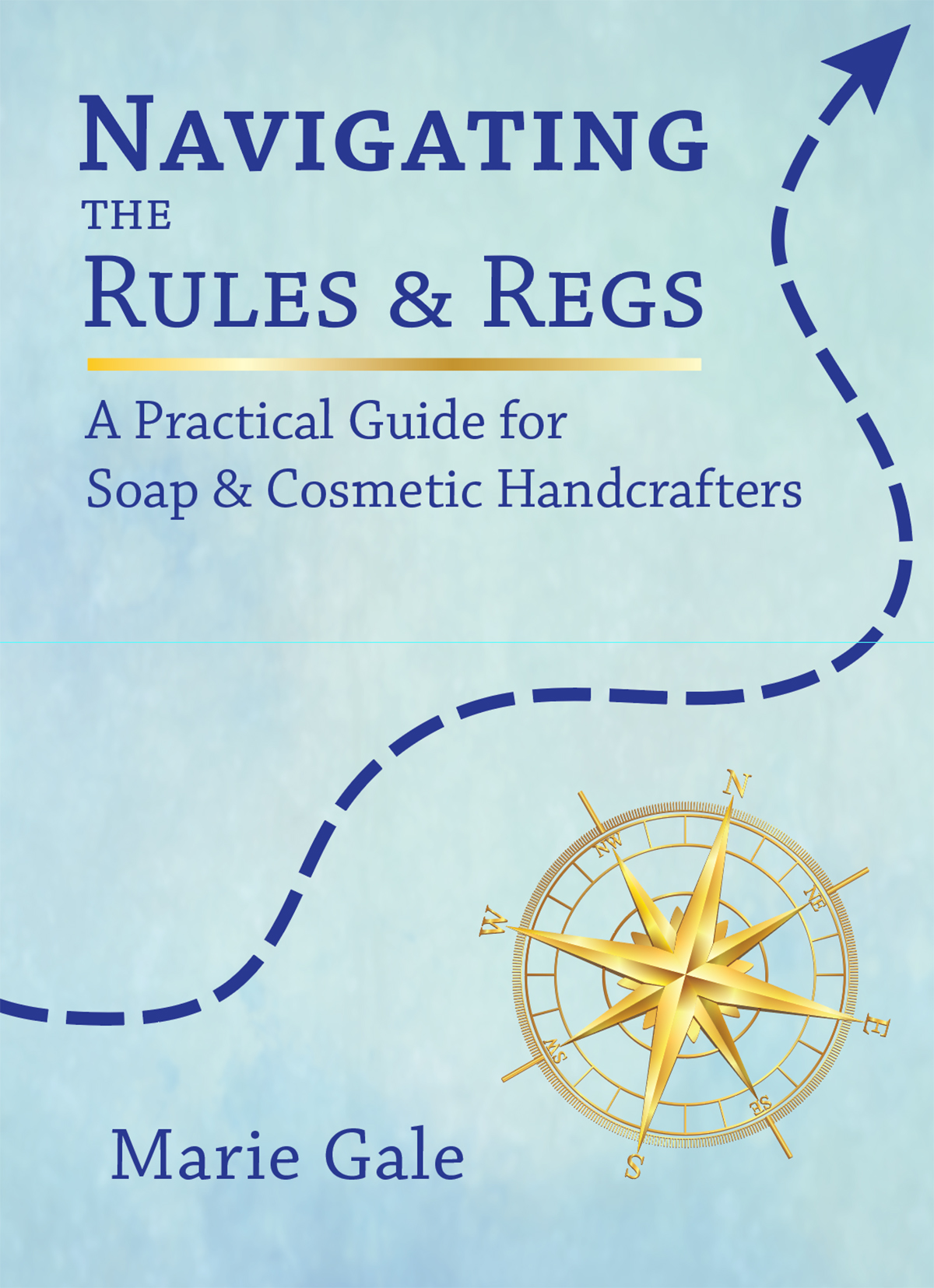The FDA doesn’t regulate the term “natural” for cosmetics, but the FTC has taken action against deceptive claims of “all natural” cosmetics under their authority over “deceptive practices.”
Who Has Authority?
When it comes to cosmetic products, their safety and labeling, the FDA has authority. But as an interesting historical note, when the Food Drug and Cosmetic Act was updated in 1938, the FTC retained authority over the advertisement of food, drugs, devices, services, or cosmetics.
That is still the case: the FTC can step in where there are “unfair or deceptive acts or practices in or affecting commerce.”1 or “false advertisement” of cosmetics.2
What is “Deceptive”?
The code states that:
Directly from the code:
“An advertisement is deceptive if it contains a representation or omission of fact that is likely to mislead a consumer acting reasonably under the circumstances, and that representation or omission is material to a consumer’s purchasing decision.”
In other words, if you are saying something untrue that misleads the consumer into purchasing your product over some other product, then what you’ve said is deceptive. If you say your lotion is “all natural” or “100% natural” (and it’s not), and the consumer buys yours because it’s natural, then the consumer has been deceived.
Is the FTC Taking Action?
YES. Over the last year, the FTC has taken action against at least 4 companies for falsely advertising that their products were “all natural” when they contained “synthetic ingredients.”
I couldn’t find any clear statement of what the FTC is defining as a “synthetic ingredient.” However, when I looked over the complaints issued by the FTC, they all cited dimethicone, phenoxyethanol, and/or caprylyl glycol as being synthetic ingredients.
Are Your Natural Products “All Natural?”
If you are claiming that your products are “all natural” or “100% natural” (or even that they are just “natural”), you might want to review your ingredients, just to make sure you are on the safe side.
Phenoxyethanol is the primary preservative in Optiphen and Phenonip and is used as a preservative in quite a few ready-made bases and some liquid color additives. I can only assume that other preservatives are likely to be considered synthetic as well.
What To Do?
- Become educated on what is considered “natural”. There is an International Standard for Natural Cosmetic Ingredients. If your niche is “natural” then you should purchase the standard, and then read, understand, and follow it.
- Check the ingredient listings for the bases you purchase, and be aware of what’s in them.
- Realize that using a synthetic preservative (according to the FTC) renders your product less than 100% or “all” natural.
- When determining what to say about your product, look at it from the consumer’s point of view. Make sure that if the consumer knew the whole story she wouldn’t feel tricked or deceived in any way.




Leave a Reply